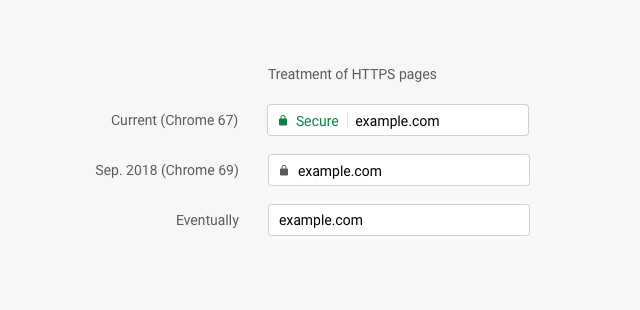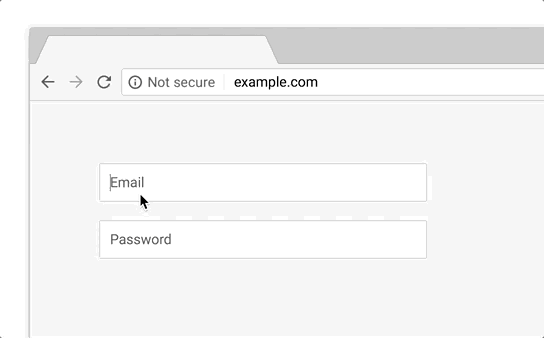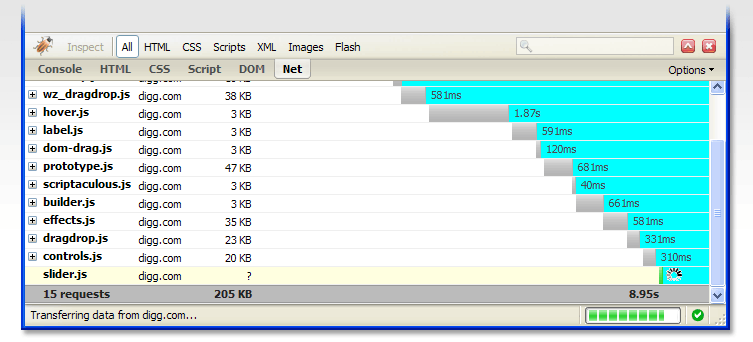Chrome 69 with random password generator released

Chrome DevTools in 2018
By the tenth anniversary of Chrome , Google released a massive update - Chrome 69 with an updated interface, a new manager-generator of random passwords, answers in the omnibox without visiting the search site , searching for tabs (if you have many tabs open and you want find the one you need) and other changes. Unfortunately, the new version did not become such a holiday as the creators expected.
Judging by the reviews, most users like the new design, although some wish to return to the previous interface (for this, change the Default value to Normal and restart the browser in the chrome settings : // flags → UI Layout for the browser's top chrome ). But this is not the main problem. The fact is that in the support forums a stream of complaints about lags, crashes and incorrect rendering of sites in Chrome 69 has gone : both in the desktop and in the mobile version. Perhaps you will not fail, but the number of complaints
unusually large .
For example, users complain about incorrect brightness in the browser, which is why all sites look darker than before (with the “night mode” turned off at a monitor brightness of 100%). Or that the browser downloads SWF files instead of playing an animation for playback. Notification blocking does not work. Text when zooming blurred. On the touchscreen lags scrolling, websites are not always loaded. Some have problems even with downloading popular sites such as Twitter and Facebook (for example, Twitter normally opens only in incognito mode). Problems with synchronization, sudden crashes and freezes, with authorization. The interface is displayed in the wrong language. Unable to save passwords. The browser may crash when opening a bookmark or a new tab. This is just a partial list of issues mentioned in the Chrome tech support forums.
Under Android, the main complaints are crashes when opening bookmarks, lags and error messages. It seems that the mobile version still behaves more stable than the desktop one. Here, the most popular reasons for dissatisfaction are associated with the removal of the “night mode”, a too bright white theme (it also causes accelerated exhaustion of the battery on devices with AMOLED screens) and the inability to install extensions. Another dubious design decision is the display of tabs at the top, which complicates switching between tabs.
All these bugs overshadowed the release of Chrome 69, which in fact introduced several important innovations. From the previous version all sites without a certificate are considered unsafe.with the display of relevant information in the address bar. Now the next logical step has been taken - and HTTPS sites are no longer called “secure” and are not highlighted in green.

Thus, the browser no longer gives users a false sense of security, because TLS certificates are often used by attackers . Instead, HTTPS sites simply become “normal” sites. That is, the presence of an SSL certificate is a new standard for the Internet . Firefox follows the same path . Thanks to the efforts of Google and Mozilla, it can be predicted that the proportion of encrypted traffic on the Web will continue to grow. more clearly emphasize the insecurity of the site without a certificate
And that is not all. From the 70th version (October 2018) Chrome will startwhen entering information in a text field.

“The new Chrome interface will help users understand that all HTTP sites are insecure. It contributes to the further movement of the web to the use of the secure HTTPS standard by default, says the official Chromium blog. “Now, installing HTTPS is simpler and cheaper than ever, and it opens up opportunities for improving performance and powerful new features that are too delicate for HTTP.”
In September 2018, not only the browser itself, but also Chrome DevTools is 10 years old. Ten years ago, it was modeled on Firebug (an extension of Firefox) - a revolutionary tool for monitoring web pages and debugging JavaScript, which was released in 2006.

Firebug
Chrome was the first browser where developer tools were built in by default.

Chrome Developer Tools in the first version of Chrome (September 2008)

Mobile device emulation in Chrome DevTools with 3G simulation, traffic congestion and weak CPU, user agent spoofing, geolocation, accelerometer data, and so on. (Device Mode)
The first version of Chrome was released in September 2008. Over the past ten years, this browser has managed not only to catch up with the market leaders Internet Explorer and Firefox, but also to leave them far behind. Now Chrome has an overwhelming advantage in the browser market with a share of about 60%.

